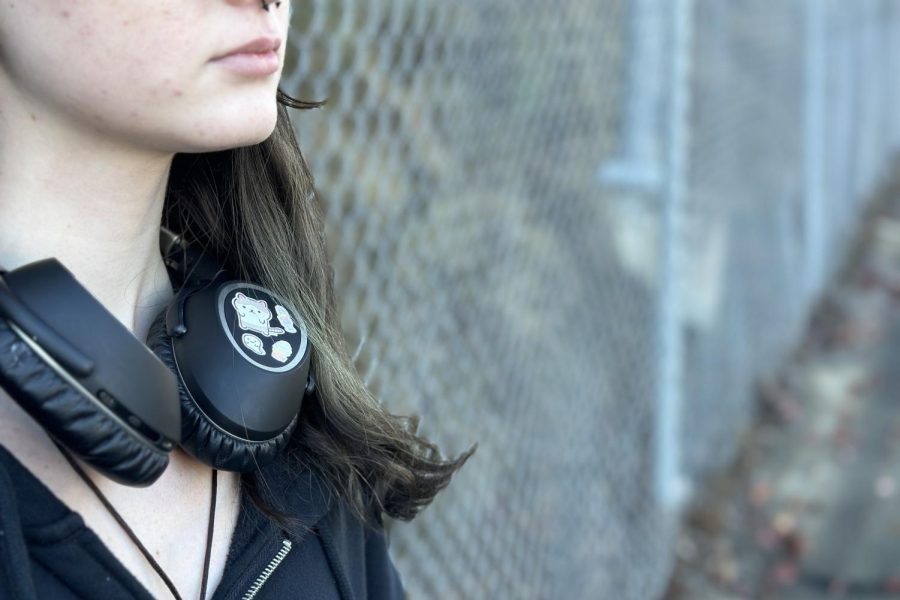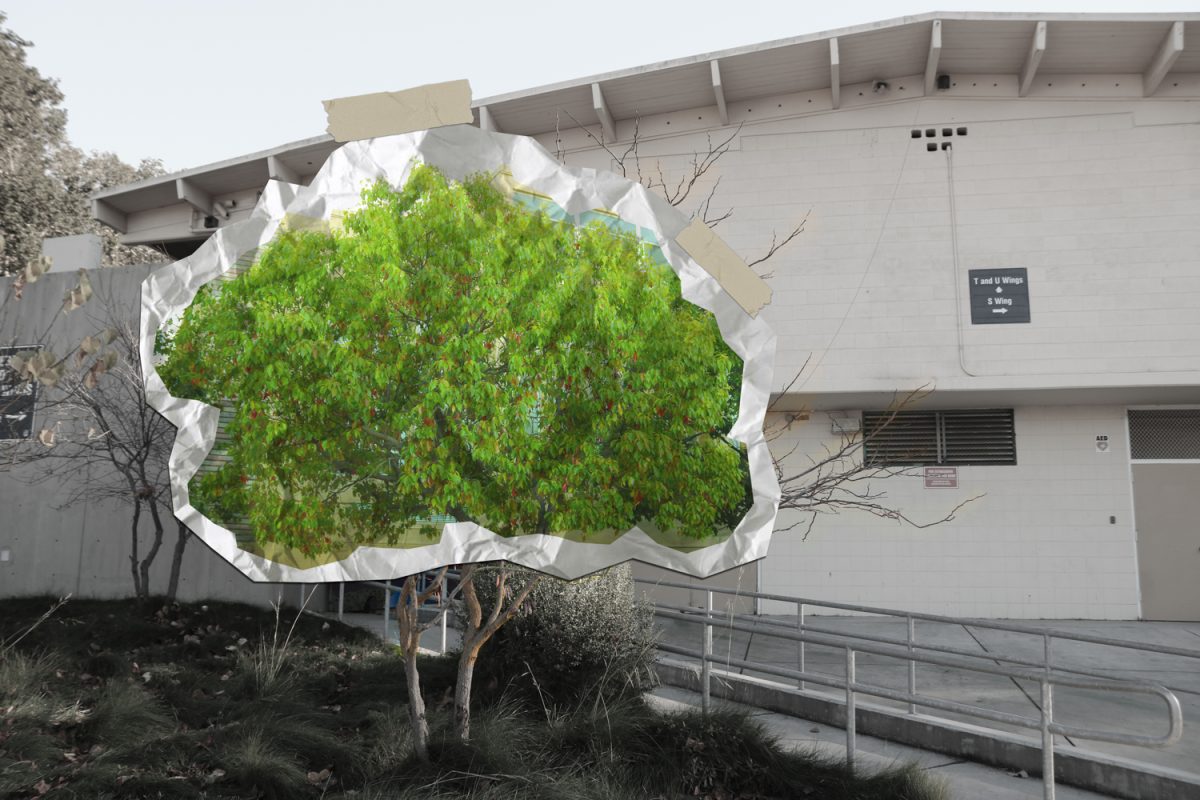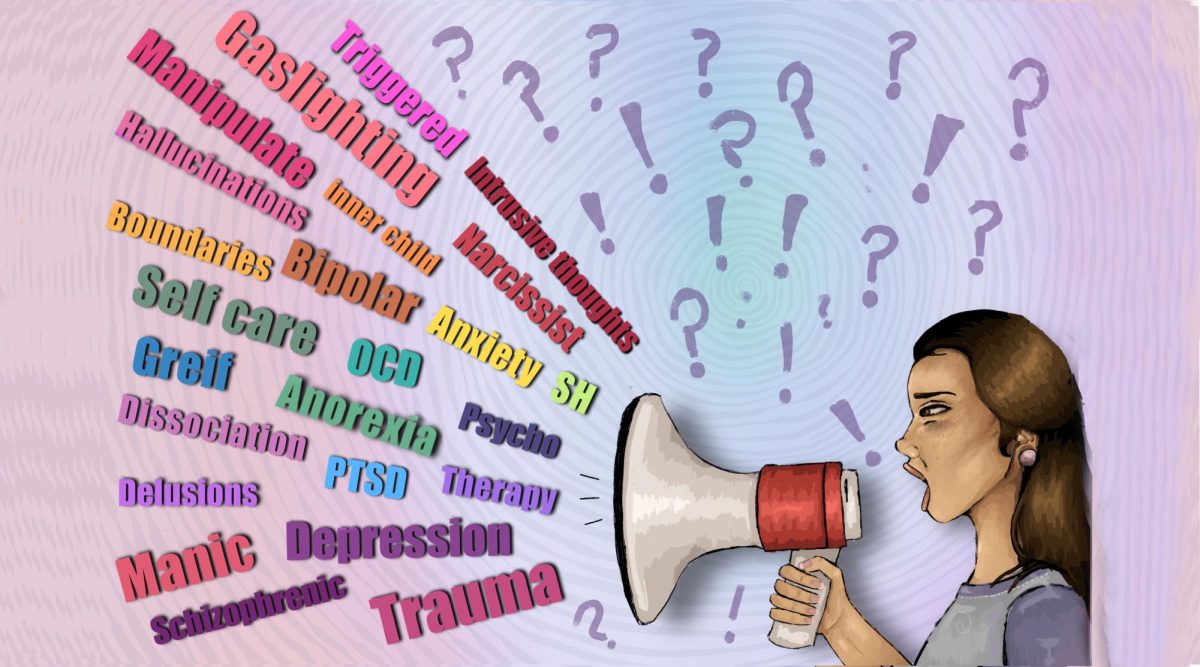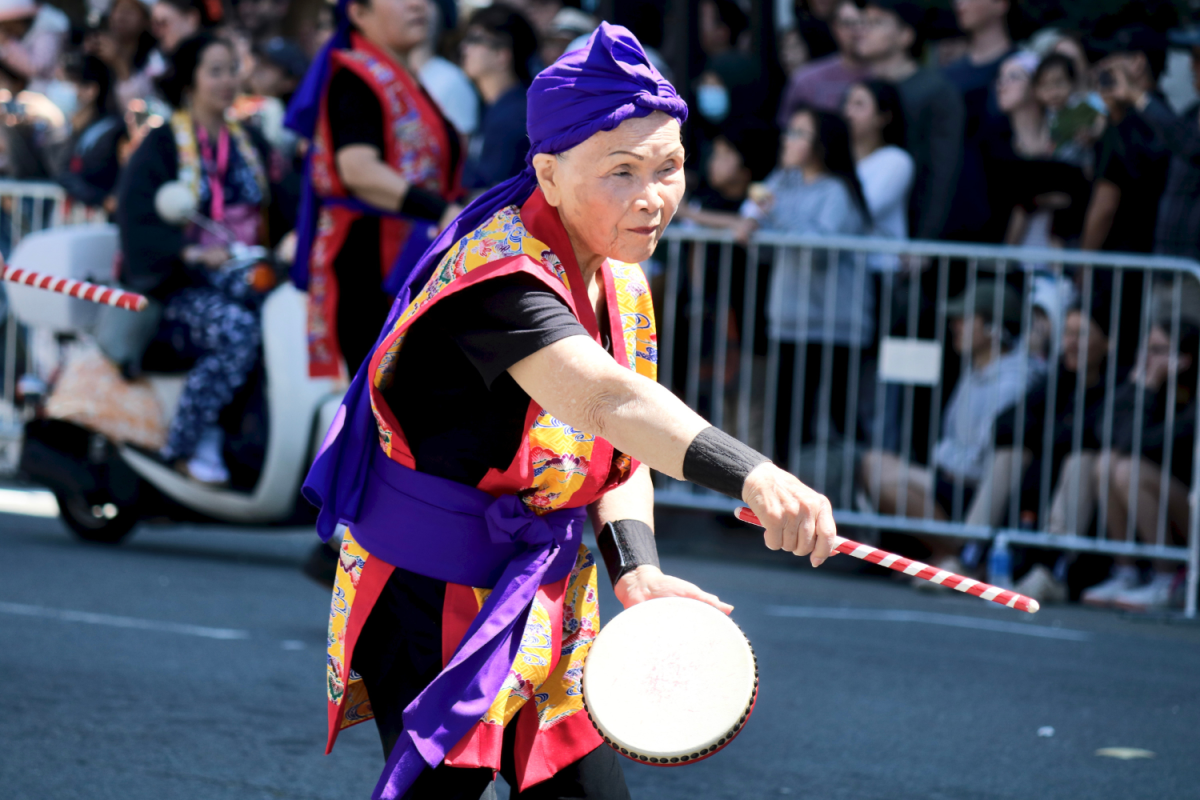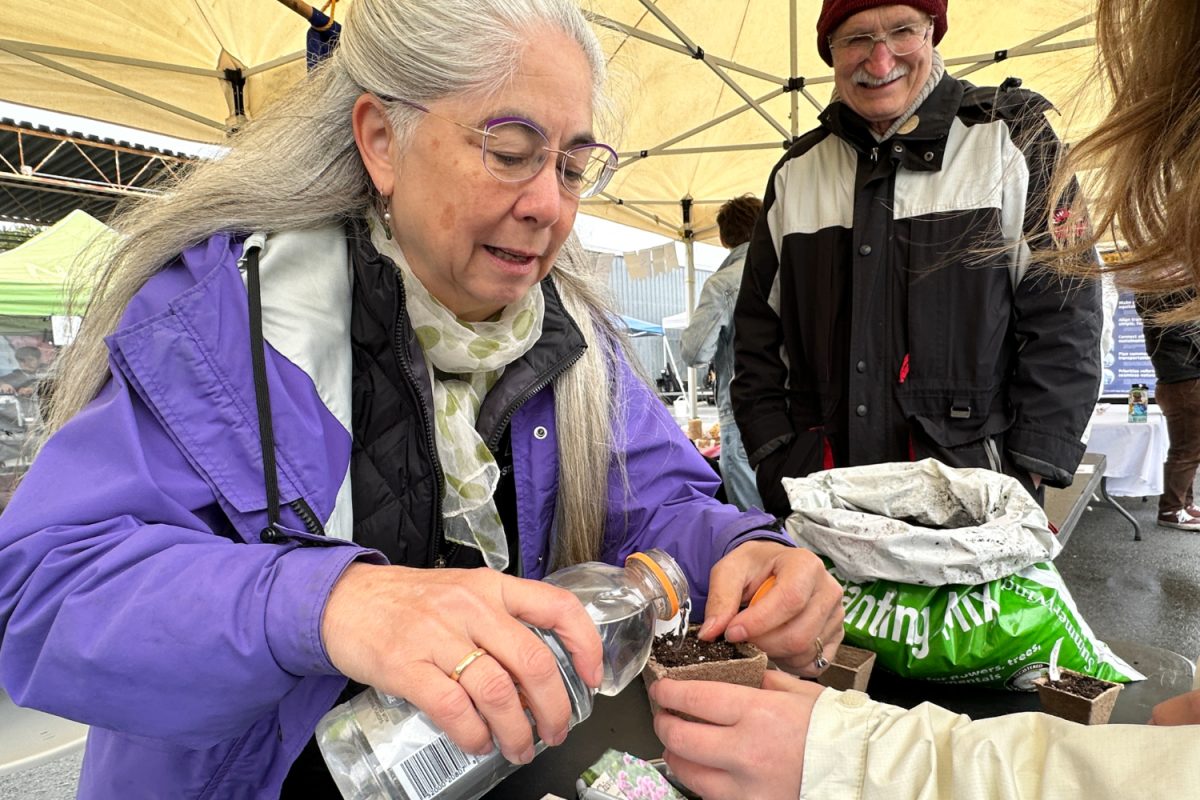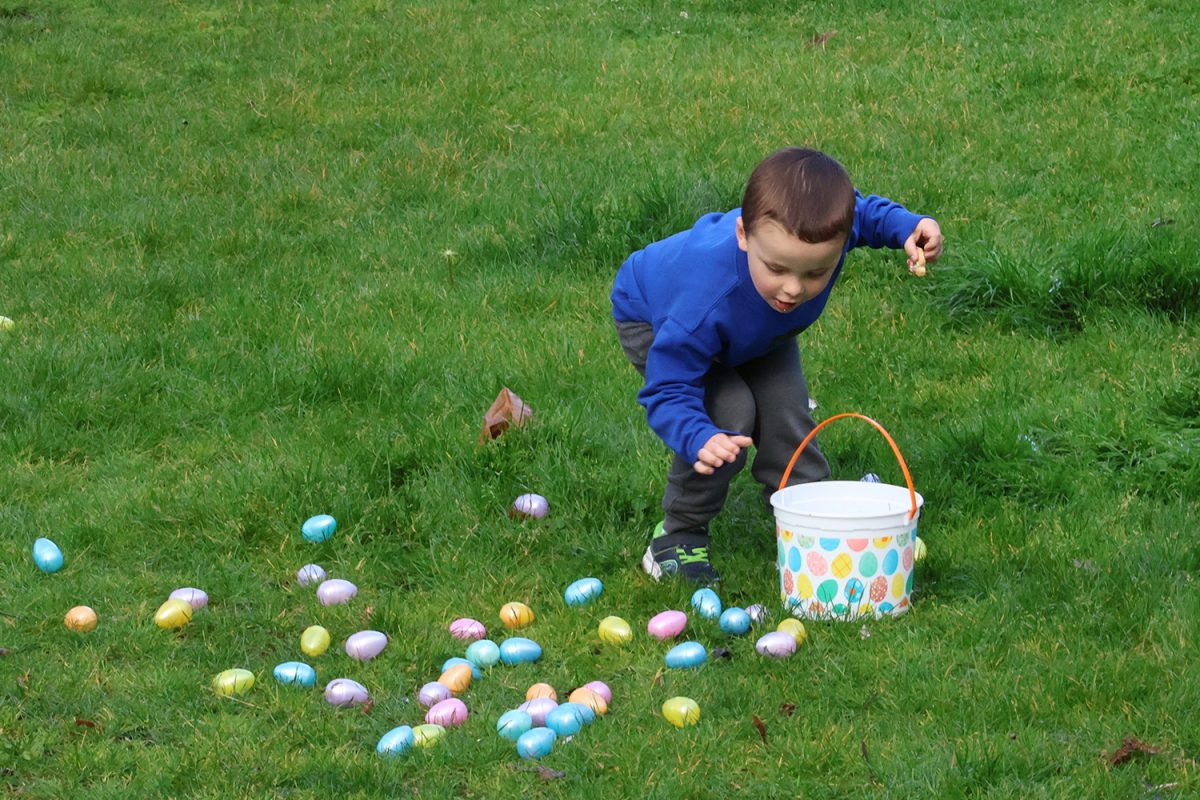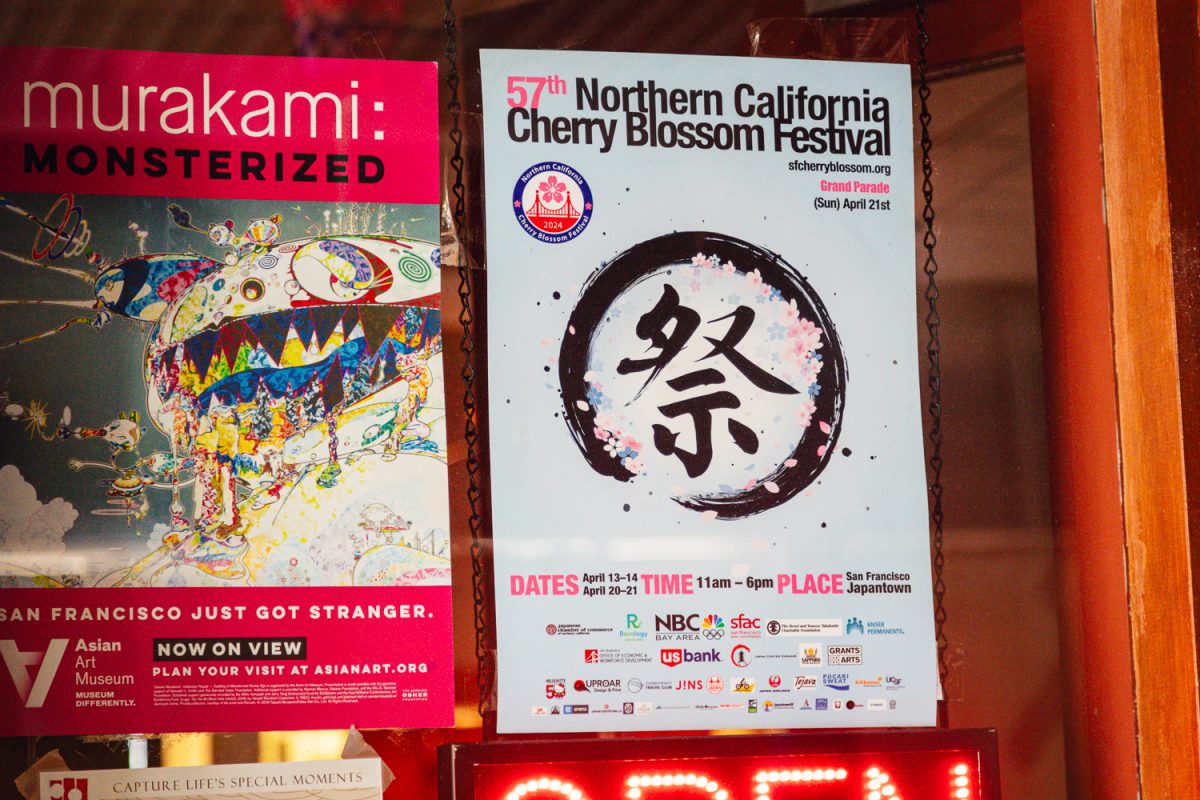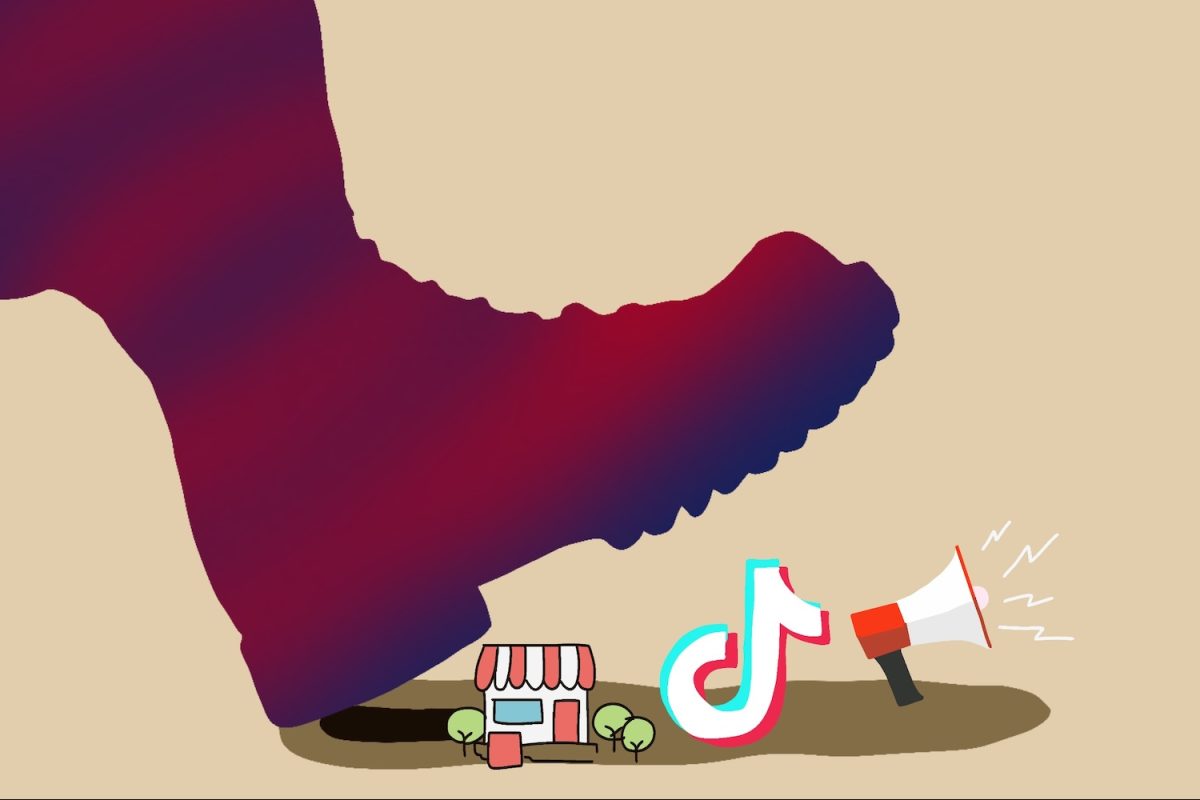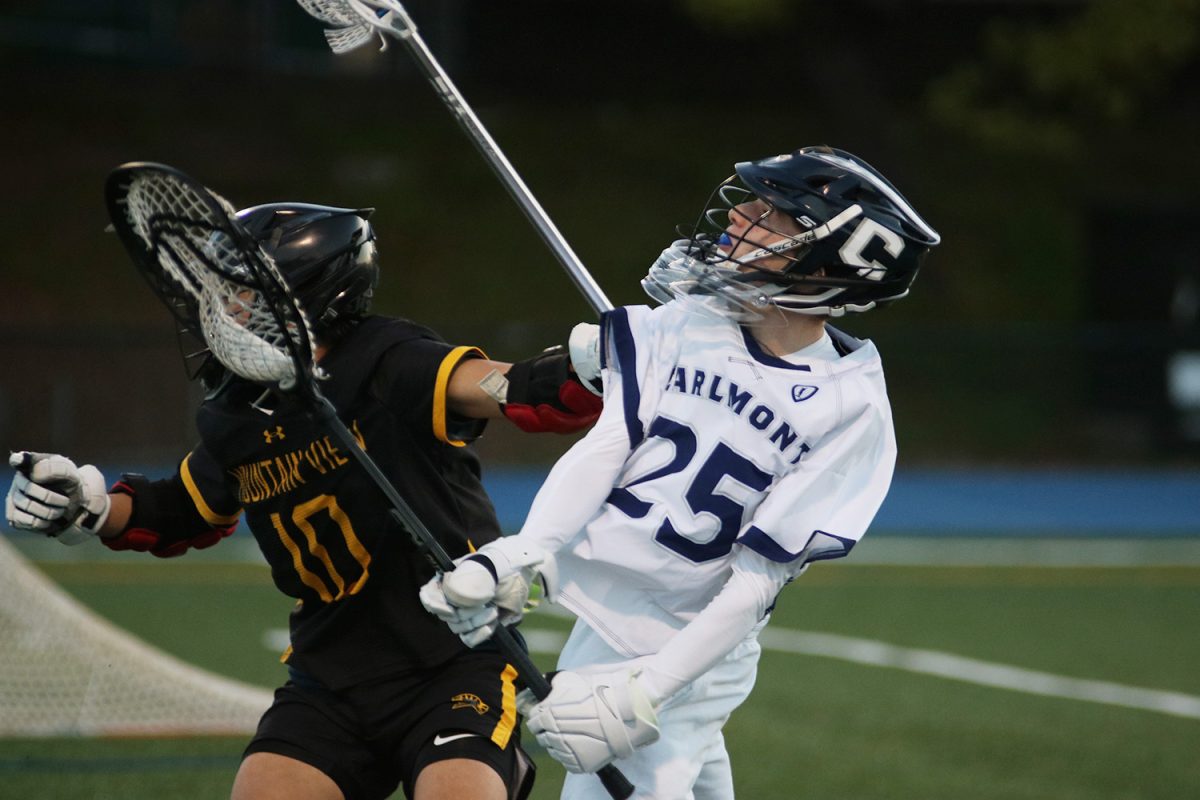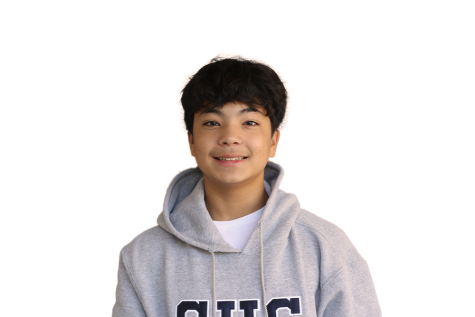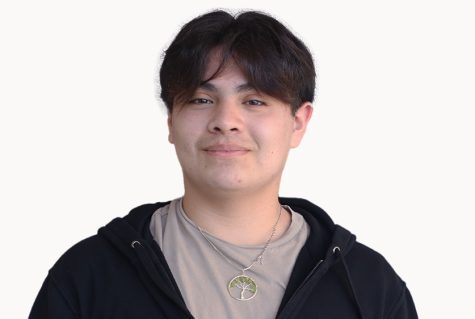She patiently sat on her beautiful porch, waiting for her cutthroat father to come outside and excitedly help her with her big science project. Yet, all she heard were the muffled noises of a violent argument between her parents.
When she was in sixth grade, Marissa Nicole quickly snuck inside her nightmarish house at the sound of her emotionally immature parents arguing. She immediately ran upstairs to the office area, where she plugged in her headphones and cried while listening to the song “A Lack of Color” by Death Cab for Cutie.
Nicole, who is now an adult, felt scared and lonely, but the music she listened to served as a strong barrier against the muffled yelling in the close background. After a while, Nicole felt strangely calm, but it was tough for her to present her big science project the next day in class.
Nicole used music to help her cope with her emotions, just like many other people have.
“I do not think I would listen to the music I listen to now if I hadn’t encountered that challenge in my childhood. Maybe there’s a chance I would encounter the music I listen to now through other things like TikTok, but I think right now, my music taste is definitely influenced by what went on,” Nicole said.
General life exposures can influence people’s music tastes. With all of the new-age apps and websites used to promote music like Youtube, Tiktok, and Instagram, people are bound to spend more time listening. Whether or not they like the music, their music taste will grow and expand as a result.
“When I was kind of on the brink of that situation with my parents, I was drawn to more rock music. I think since then, throughout my teenage years and as I’ve gotten older, I’ve clung to more ethereal-sounding music because I think that music makes me feel more like I’m escaping and like I’m building my own world in my head. I’d say that my music taste has shifted away from more like rock, gritty, and alternative, to more echoey, ethereal, dream pop music,” Nicole said.
Nicole’s current favorite song, “Two Weeks” by Grizzly Bears, is classified as part of the alternative, indie, and folk genres.
Similarly, Malaya Austin, a sophomore at Carlmont High School, shares how she acquired her music taste.
“Childhood was crazy for me, so I think my relationship with my parents definitely got me more into Skramz because I resonated with it,” Austin said.
As Austin grew into a teenager, her music taste expanded and grew with her.
“I got into punk through Riot Grrrl when I first became a teenager because I was experiencing a lot of sexism and harassment. That got me into hardcore punk and the punk scene, which heavily influenced my music taste,” Austin said.
“An Open Letter” by Saetia is Austin’s favorite song at the moment. The song is classified as rock, hardcore punk, and screamo.
Although both Nicole and Austin like different music, their life experiences have created their music taste and resonance with the music they listen to.
This growth in music taste is called acquired cognitive ability, according to Sidhharrth S. Kumaar, a music therapy expert and psychologist. There are two types of acquired cognitive skills, one being when a child develops music taste through what they choose to do in their daily life. This could be through different social media or in everyday activities.
“This exposure, in turn, affects the type of songs that children listen to, their attitude, and their overall music taste,” Kumaar said.
A person’s music taste is acquired over time, especially during the ages of 4 to 5 and 11 to 12, when children develop the most and can understand, perceive, and process situations better. Kumaar notes that by this age, people have more internalized and permanent aspects of their lives put into place.
The second type of acquired cognitive ability is accidental exposure.
“Accidental exposure is something that is not planned, like an argument or a fight. Once things like this happen, the child develops a kind of fear, so accidental exposure is something that happens early on in a child’s life,” Kumaar said.
Accidental exposure in a child’s life expresses itself in many ways. A common result of accidental exposure is the shift of things that a child listens to.
Suppose a child witnesses their parents violently argue and fight. In that case, the child is more likely to listen to music that provides comfort, protection, and an escape from the harsh reality they are witnessing. This sudden change of preference in music leads to a darker taste in music, such as darker lyrics, tones, instruments, and melodies.
Music is healing. You’re absolutely never alone. Even when no friends or family keep in touch with me, someone always tells me I’m not alone. If you’re struggling, please seek help. Hard times don’t last forever, and everything is temporary.
— Marissa Nicole
In Nicole’s case, exposure to her parents arguing and fighting led her to rely on music to escape her parents’ constant bickering.
“I think the biggest reason was that the music was my escape. When I was a kid, I didn’t even know how to describe my emotions. I didn’t really know what trauma or mental illness was. Still, I just felt like when I listened to alternative, grittier, darker artists, all the things I was feeling on the inside were being understood by someone else. It felt like it was being reflected back at me, and it helped me feel understood,” Nicole said.
Listening to sad music when one is sad has an extensive psychological explanation behind it. Music can give people a reassuring hug, letting them know that it’s okay to feel sad. In addition, music can transform sad feelings as it takes people on an emotional journey.
“Music can be a powerful way of processing and making sense of life experiences, both positive and negative events,” said Grace Meadows, the campaign director for Music for Dementia.
Acquired cognitive abilities affect both adults and children, and these acquired cognitive abilities can bleed into adulthood. For example, after COVID-19, many adults faced collective trauma, anxiety, and isolation. By focusing on themselves to create a healthier, more sustainable way of living, many were able to cope with the effects of the pandemic.
This sudden change affected many adults’ music tastes. But, while COVID-19 was a sudden experience to process, the consequences of the trauma those like Nicole experienced when they were younger have bled into adulthood.
“Music is healing. You’re absolutely never alone. Even when no friends or family keep in touch with me, someone always tells me I’m not alone. If you’re struggling, please seek help. Hard times don’t last forever, and everything is temporary,” Nicole said.

